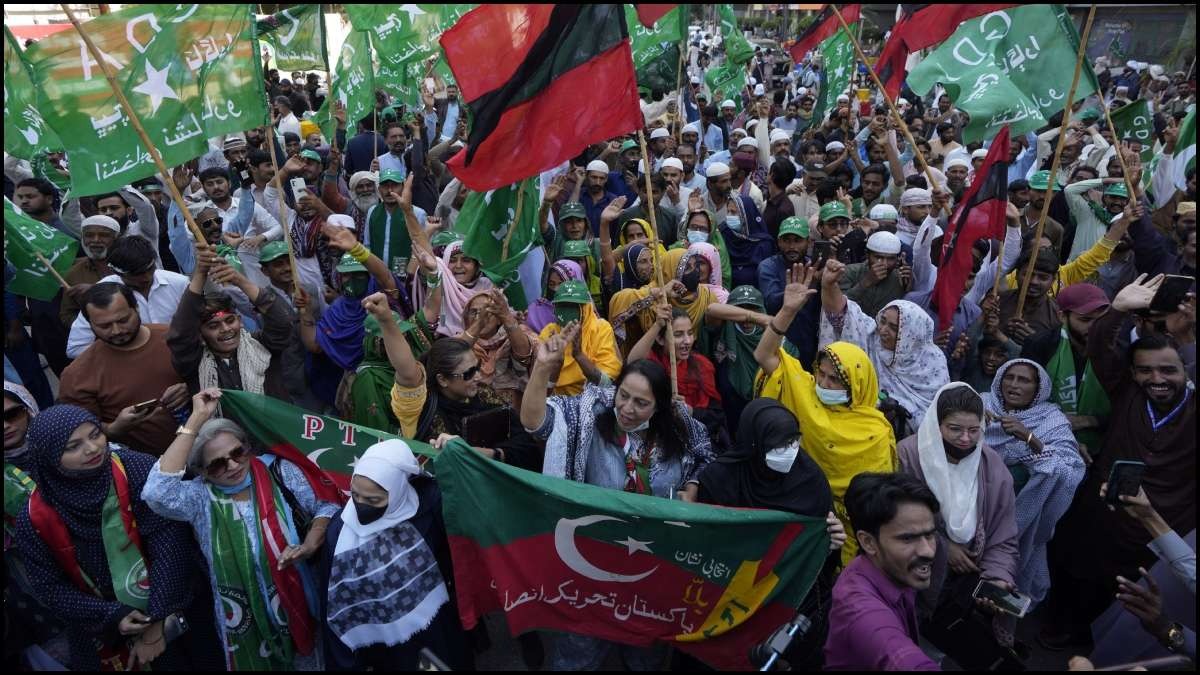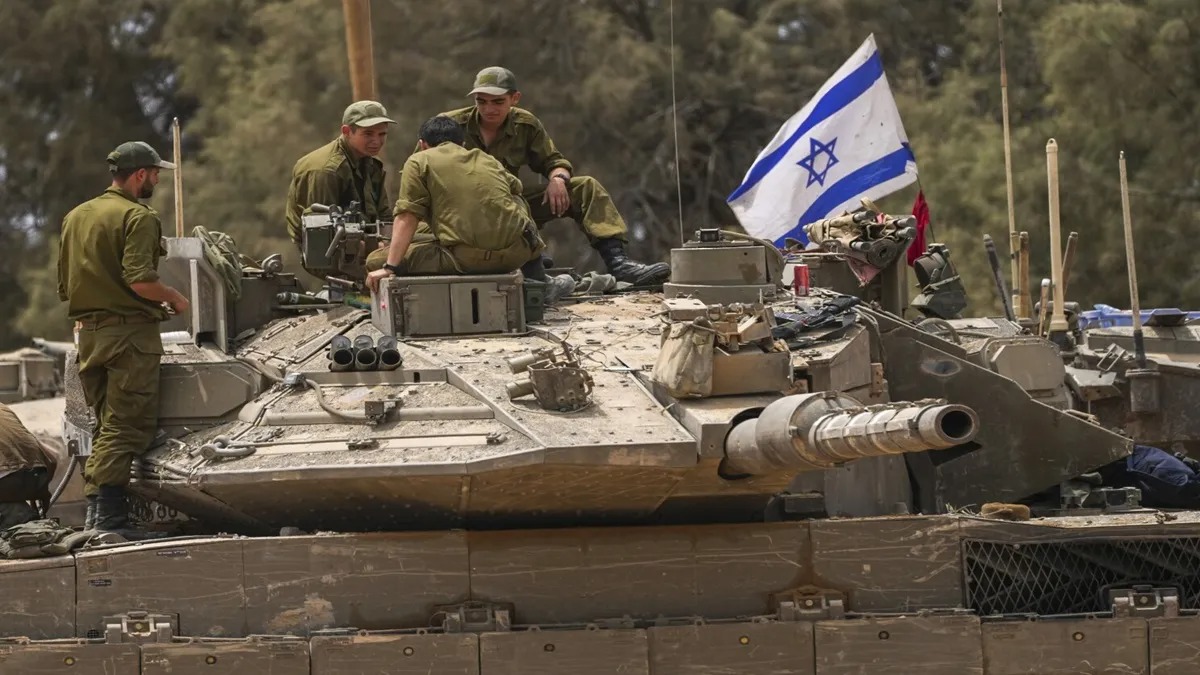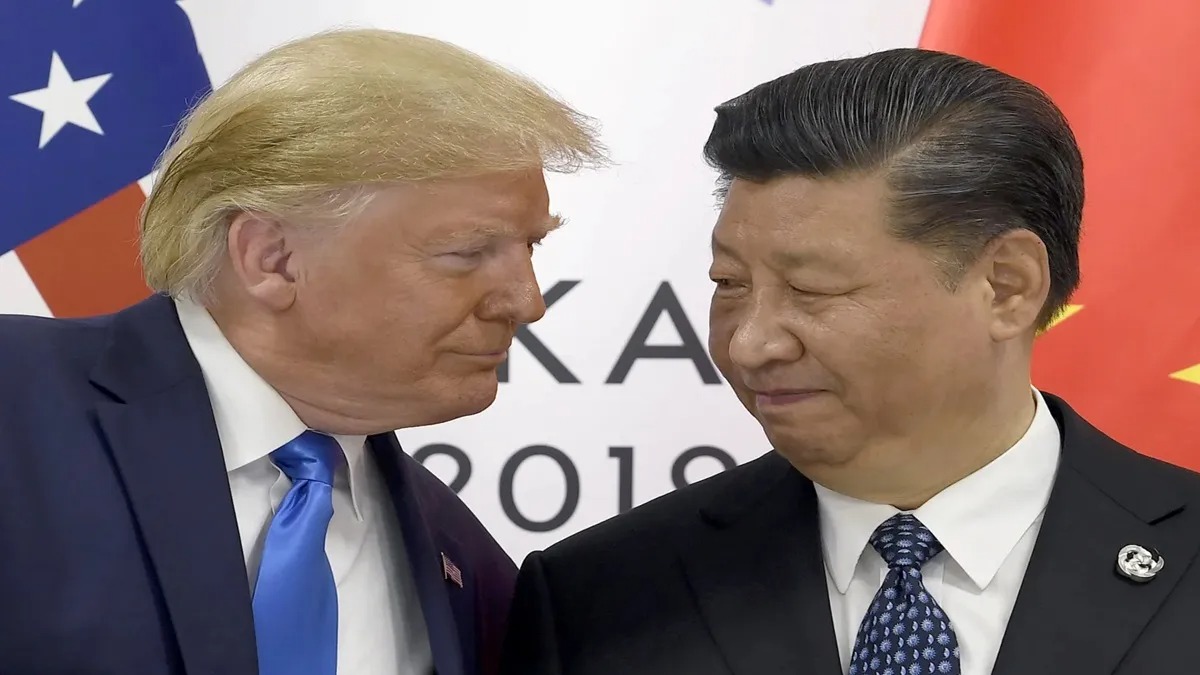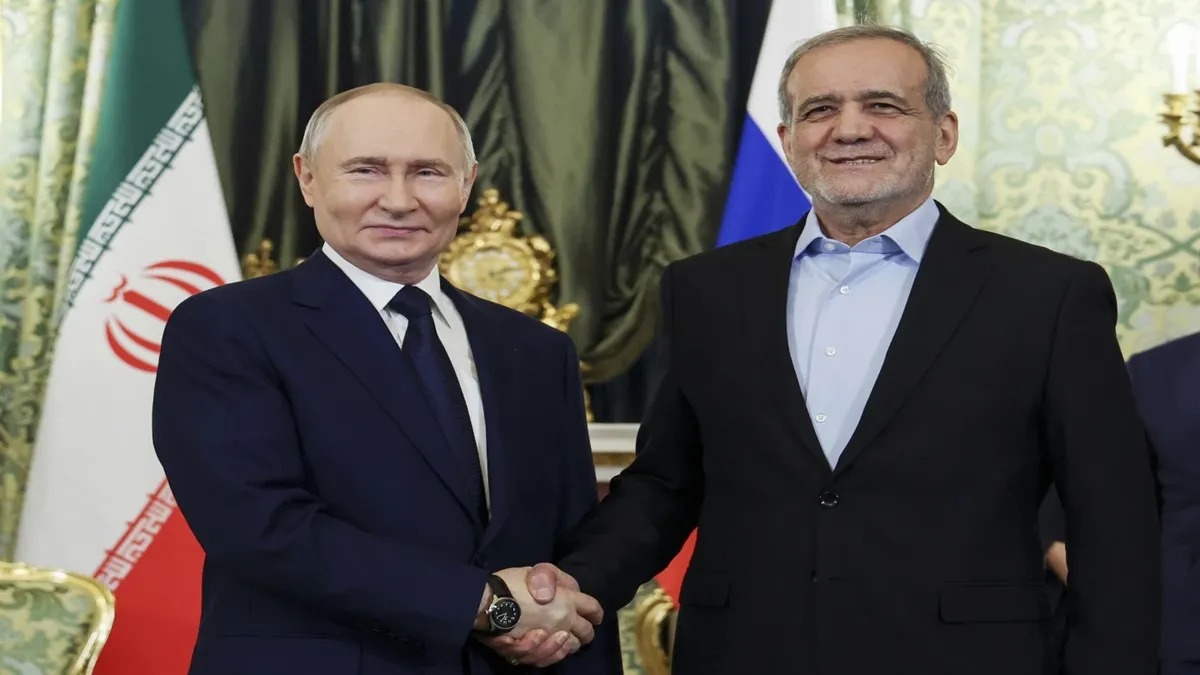
International: At least 25 people have been killed in days of clashes between armed Shiites and Sunni Muslims over a lingering land dispute in Pakistan's northwest Khyber Pakhtunkhwa province, officials said. The clashes began over the weekend in the Kurram district and continued till Wednesday, resulting in dozens of people being wounded on both sides.
Kurram has been a scene of sectarian violence in recent years. Authorities said they were trying to prevent the land dispute from turning into sectarian violence in the restive northwest, where extremist groups from the two sides have a strong presence. "One side is reportedly using Iranian-made weapons, though this will be investigated later," said Aftab Alam, the law minister of Khyber Pakhtunkhwa province.
Barrister Saif Ali, a spokesman for the provincial government, said authorities with the help of tribal elders were trying to defuse tension and both sides had agreed to a ceasefire following peace talks in Kurram. In July, nearly 50 people were killed and over 200 were injured as a land dispute turned into a wider sectarian conflict.
However, the warring parties had later announced a ceasefire with the help of elders, as per media reports. According to the police and district administration, armed clashes between Boshehra and Maleekhel tribesmen had begun on the evening of July 24, Dawn reported. Similar tribal clashes had erupted in the region last year as well, leading to sporadic violence that claimed 25 lives.
The Human Rights Commission of Pakistan (HRCP) had also voiced its deep concern at the “significant loss of life in Parachinar, Kurram, where rival tribes have engaged in a violent land dispute for several days, fueling sectarian conflict”. It said the violence had "taken a heavy toll on ordinary citizens, whose freedom of movement and access to food and medical supplies" was curtailed.
Shiite Muslims make up about 15 per cent of the 240 million population of Sunni-majority Pakistan, which has a history of sectarian animosity between the two communities. Although both live together largely peacefully in the country, tensions between them have existed for decades in some areas, especially in Kurram, where Shiites dominate in parts of the district.
This has become a major issue for Pakistan, which has attracted international scorn amid fears that sectarian violence could spiral into a broader Middle Eastern conflict. Iran's government had criticised Pakistan for failing to protect its Shia Muslim population during the July violence. Despite several assurances, Pakistan's government has proved inadequate in dealing with the violence between the two groups.
--Advertisement--

 Desk
Desk Share
Share






